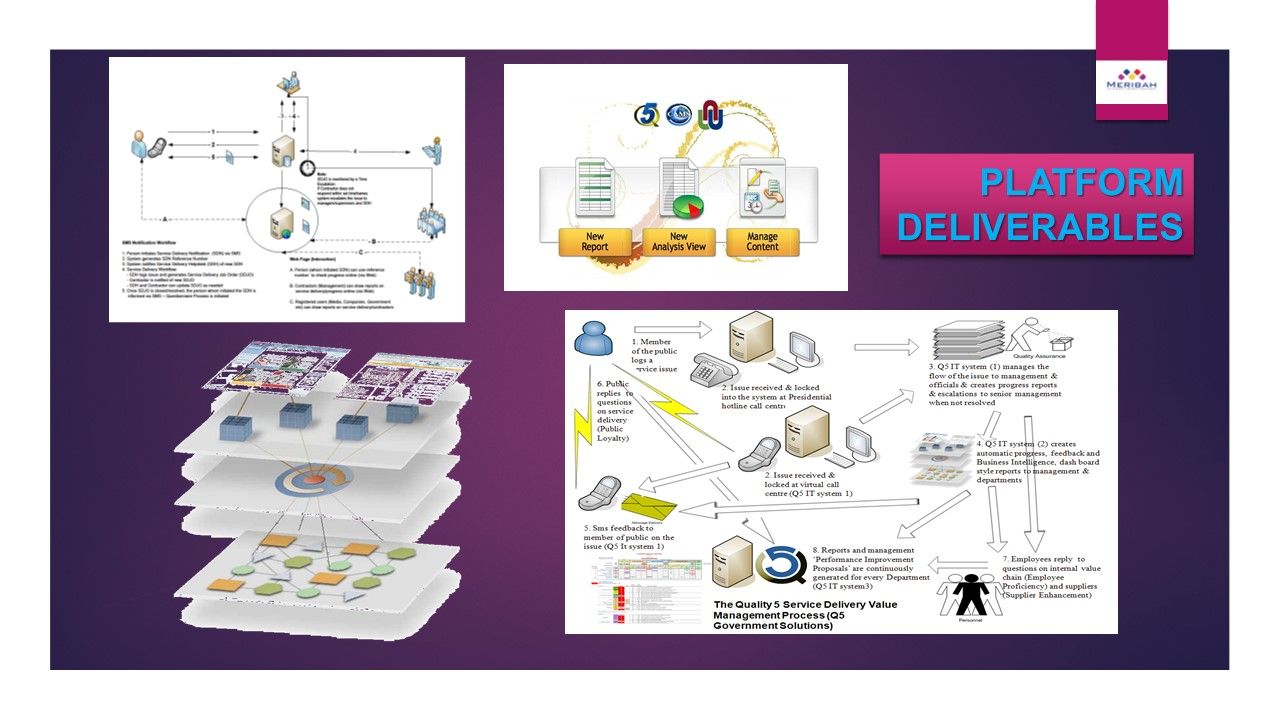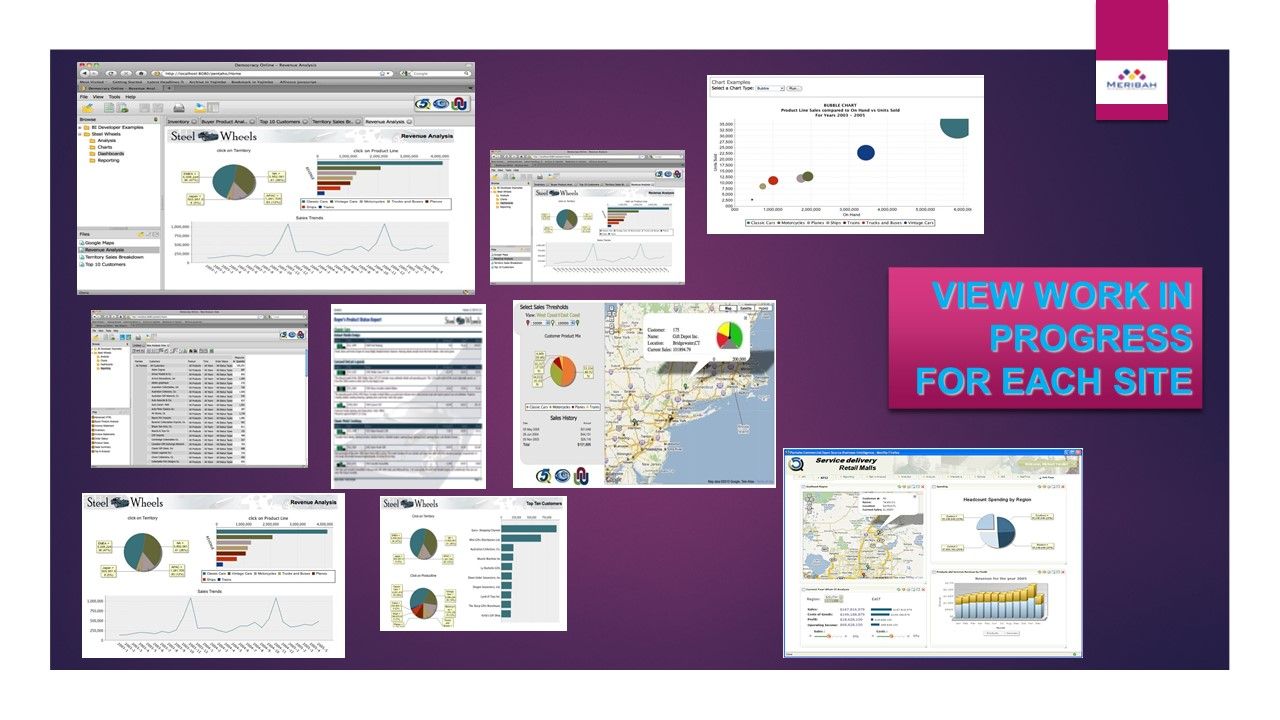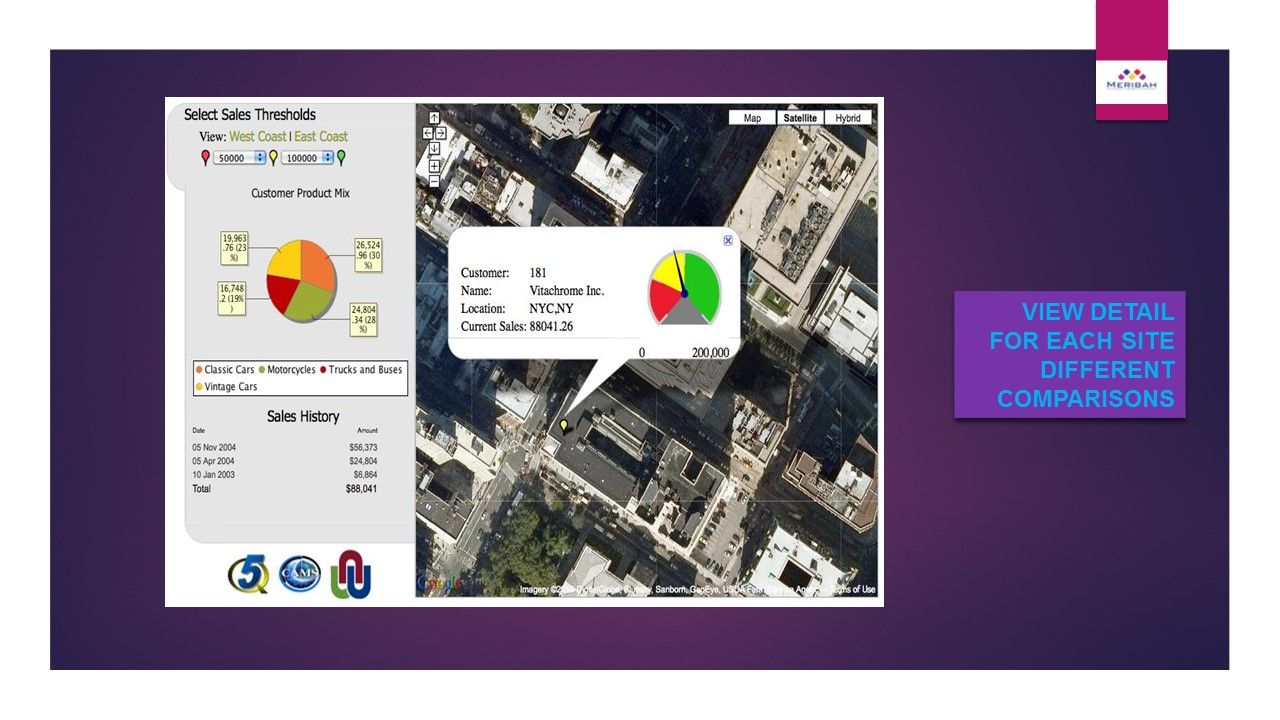THE PROJECT MANAGEMENT INTELLIGENCE TOOL
THE CHALLENGE
Project management requires diverse functions which are complex to control. With this Project Management Intelligence Tool, executives would be better informed, save time and energy.
THE SOLUTION
It is imperative to develop a tailor-made reporting system based on 24/7 business intelligence. It will provide project managers the ability to work with a small team of executives, using accurate and exact data from which to manage daily activities. They will be able to:
View daily/weekly/monthly reports on every project, (i) monitoring progress and (ii) evaluating quality of work based on pre-determined goals and quality specifications for every project, allowing proactive remedies.
Where applicable, projects could be compared for efficacy, assessing each and every project per site in any amount of detail required – using Google Earth to compare progress on critical sites where required.
These reports could be automatically generated and be available on the manager’s computer at any chosen time.
It could result into the benchmarking of resource application (e.g. costs and time).
From the above would emerge a Best Practices Policy developed by project managers and for this specific project.
The above is some of the salient benefits project managers would derive from this dedicated Tool. Below are a few examples of a typical Project Management Intelligence Tool.
WE DON’T CREATE DEPENDENCE – WE EMPOWER
Preparations for developing the Project Management Intelligence Tool will commence immediately with the active participation of a Task Team. After development, project managers will be able to choose any assignment it wishes, no matter how large, complex, or geographically diverse. This is attainable because of cutting edge technology combined with a performance and quality monitoring and evaluation methodology, supported by alerts for proactive remedial action. License arrangements will (i) ensure continuous refinement and (ii) computations such as benchmarking and (iii) establish best practices, (iv) initially, for each project internally, and (v) later for the industry, nationally.


